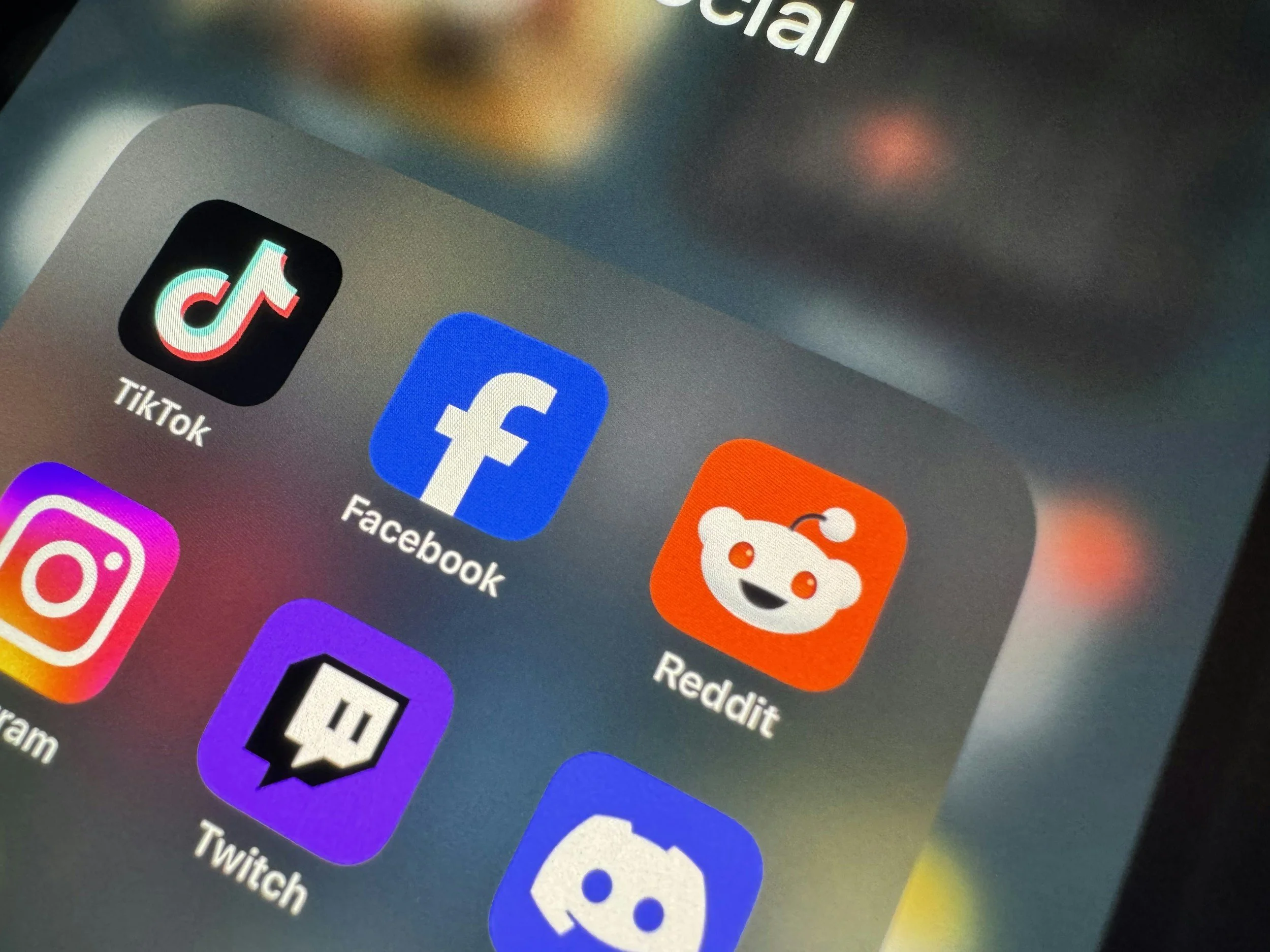McAfee Unveils AI Scam Detector: Real-Time Protection Against Online Fraud and Deepfakes

Image Source: Visuals | Splash
McAfee, a global leader in cybersecurity, unveiled its new AI-powered Scam Detector at CES 2025. This innovative tool is designed to help users identify and protect themselves from increasingly sophisticated online scams—particularly those using AI to generate deceptive text messages, emails, and videos.
AI-Driven Scam Detection Unveiled
Announced in January 2025, the McAfee Scam Detector will be included in all core McAfee consumer plans—McAfee+, Total Protection, and LiveSafe—at no additional cost, starting in spring 2025. The tool uses advanced artificial intelligence to analyze potentially suspicious content in real time across text, email, and video platforms.
Key features:
McAfee reports over 99% accuracy in detecting text scams and up to 96% accuracy in identifying AI-generated deepfake videos.
Scam Detector processes data locally on the user’s device to help protect privacy.
Users can customize detection sensitivity (High, Balanced, Low) and receive clear explanations for flagged content, helping them build scam-spotting skills.
Email protection is available for linked Gmail, Outlook, and Yahoo accounts.
Text and video detection are activated via the McAfee mobile app for Android and iOS. On Android, SMS scanning is automatic; on iOS, users can scan or filter messages manually.
Users can also upload suspicious messages or screenshots for on-demand AI analysis.
Rising Threat of AI-Powered Scams
The launch of Scam Detector comes as AI-powered fraud is rapidly increasing. According to McAfee’s December 2024 “State of the Scamiverse” report, 59% of Americans say they or someone they know has been targeted by an online scam in the past year, with average reported losses of $1,471. Americans reportedly face an average of 14.4 scam attempts per day, including scams that involve deepfake videos.
McAfee has documented a sharp rise in deepfake scams, particularly on platforms like YouTube. The company notes that AI tools used to create convincing deepfakes are now widely available and inexpensive.
Strengths of AI-Powered Protection
McAfee Scam Detector is available at no extra cost for McAfee subscribers and operates across a range of devices, including phones, laptops, tablets, and Chromebooks. The tool provides real-time AI-driven analysis, privacy-focused detection, and educational feedback to help users recognize and avoid scams.
The Scam Detector builds on McAfee’s established AI technology, previously deployed for text scam detection in 2024.
Challenges and Limitations
Subscriber-only: The Scam Detector is only available to McAfee subscribers and is not offered as a standalone, free tool.
Language support: Deepfake detection currently supports only English, with planned support for other languages (such as French, German, and Japanese) to be introduced, but no specific rollout date has been announced.
User setup: Setting up scam detection for emails requires linking third-party accounts, which may present a barrier for less tech-savvy users.
Reported accuracy: While McAfee claims high accuracy, results are self-reported by the company and may vary in real-world usage.
Industry Context and Response
The Scam Detector’s launch follows a sharp increase in financial losses to online scams, with the FBI’s Internet Crime Complaint Center reporting over US$16 billion in losses in 2024—a 33% increase from the prior year.
Industry analysts have praised McAfee’s AI-driven approach, but stress that no system is infallible; human vigilance remains essential in the fight against cybercrime.
We are a leading AI-focused digital news platform, combining AI-generated reporting with human editorial oversight. By aggregating and synthesizing the latest developments in AI — spanning innovation, technology, ethics, policy and business — we deliver timely, accurate and thought-provoking content.

































